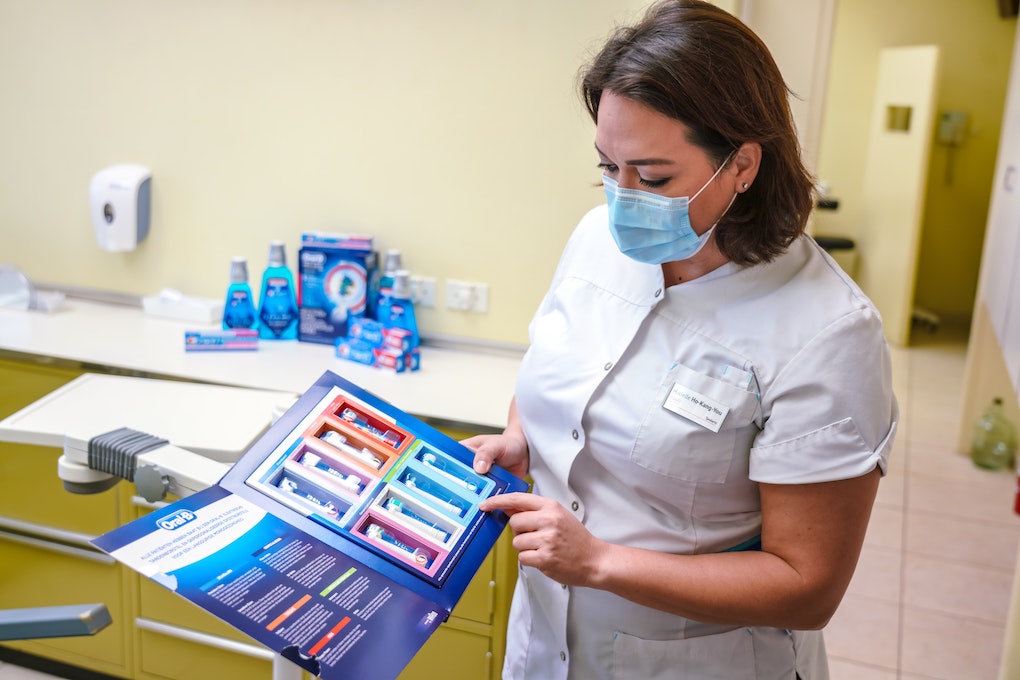
March 5, 2023
How DSOs (Wrongfully) Got a Bad Name

“There are good dentists, and there are bad dentists,” Professional Transition Strategies Founder and President Kyle Francis said during a recent webinar with David Porritt of Productive Dentist Academy, a platform for clinical continuing education. “And there are good DSOs and bad DSOs.” But how did the dental industry get here? Francis and Porritt walked through how this fragmented industry went from a buyer’s market to a seller’s market, and what role dental service organizations (DSOs) played along the way. Here are the key takeaways from their conversation.
How did we get here?
“If you look at the deals being done pre-2008, they were individual-to-individual deals with very small amounts going to then-umbrella companies,” Francis explained. “It was those first groups, the bigger DSOs back then that gave DSOs a bad name.” It was during this time that dentists looking to retire were worried about their 401(k)s. A few years later, there weren’t enough dentists to buy all these practices so it became a buyer’s market and increased competition dramatically. The lesson learned during all this is that dental practices are very resilient compared to other industries, and today, there are all kinds of groups with capital to pay off investors.
What’s the current situation?
In 2020, dentistry was not one of the protected industries, and practices were forced to shut down for months, deferring treatments to patients. Though still undervalued, it was then that the importance of dentistry was realized, making for an investable platform. At the same time, there was “lots of fundraising in private equity burning holes in pockets, and dentistry was a very safe asset to put their money into,” Francis explained. With DSOs, growth can be achieved, and dentists know what they can get out of it. Today, there are more than 375 DSOs actively operating with 30% to 35% of the market share.
Is there a conflict of interest?
“As long as the doctor understands what they have, they can have a lot of leverage,” Francis said of selling your dental practice to a DSO. DSOs and private equity are experienced in buying things, giving them the ability to put together deal structures that often pay whatever the doctor is willing to sell for. They have a responsibility to their investors, “which puts these two parties in conflict,” Francis explained further. “[Doctors] understand what they can get rather than what their practice is worth, which puts that at an information disadvantage.” Porritt adds the “economics are in the dentist’s favor, as long as they know how to capitalize on it.”
What are my options?
Today, there are all types of DSOs, including a 100% buy-out in which the seller stays on board for a few years and lets the buyer take over managerial responsibilities and a joint venture in which the seller owns a percentage of the dental practice. The important part is to consider all options. “It’s a fallacy if you don’t,” Francis asserted, noting an experienced dental practice broker can help you understand the deal beyond the multiple, which is “just one component.” Ask yourself: Do I like these people? Do I trust them? Do they have a good track record I can count on? What does their funding look like? Are doctors happy with the decisions made by these people? What’s life like after the transition? Understanding how the organization will fit within your culture for both staff and patients can help you leverage all kinds of deals within your structure.
What’s the path forward?
Only a professional dental practice broker can present you with an options matrix, including comps, to help you decide who will be a good fit for your business. The prospectus process will help you understand what the total characteristics of your transaction will be, in addition to the difference between EBITDA and SDE (earnings before interest, taxes, depreciation and amortization versus seller’s discretionary earnings), as well as how to quantify and evaluate your deal. “There’s always the option to sell directly to another doctor; however, selling to a DSO gives you more stability as risk goes down and value goes up,” Francis said. “It’s important to understand all the mechanisms that go into an offer beyond the multiple.”
What’s next?
“A natural reaction to a fragmented market is to be fearful of DSOs,” Porritt concludes. “If you don’t consider all the options, you’re just limiting yourself.” He concludes by saying “happiness comes down to the fit between the buyer and seller, with the factors of value mattering most rather than economics.” Contact the experts at Professional Transition Strategies to figure out the next move for your dental practice.